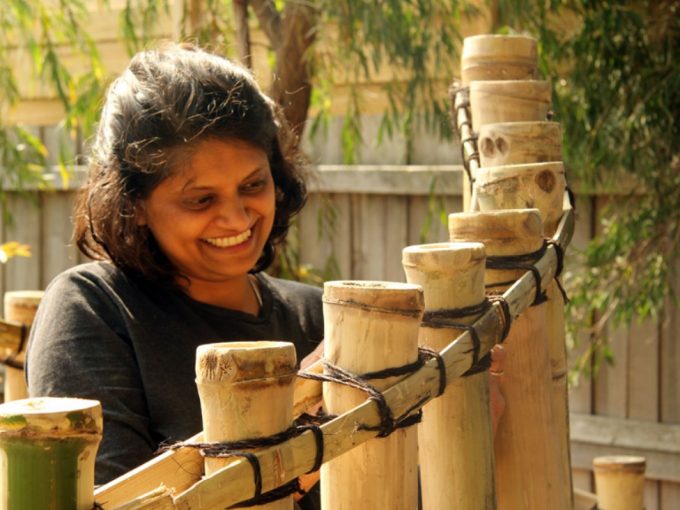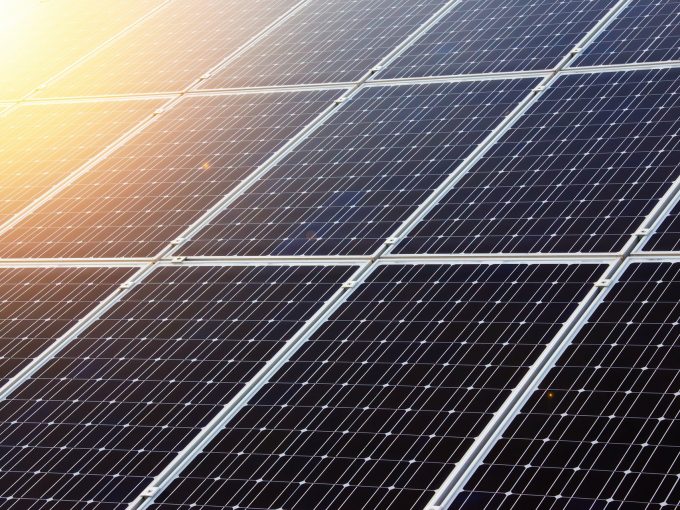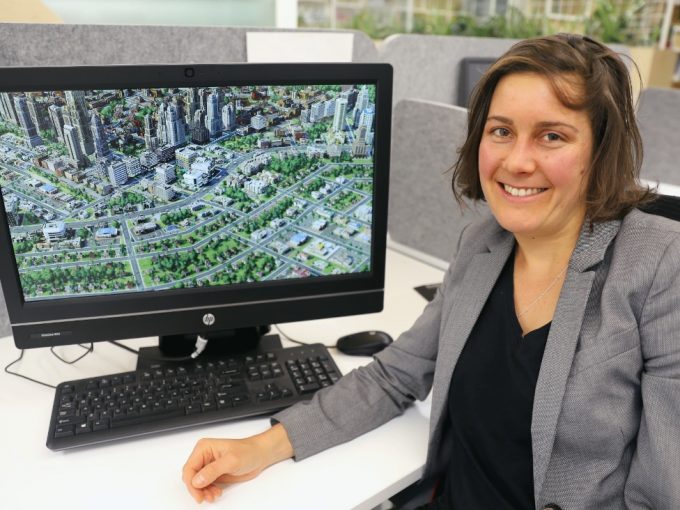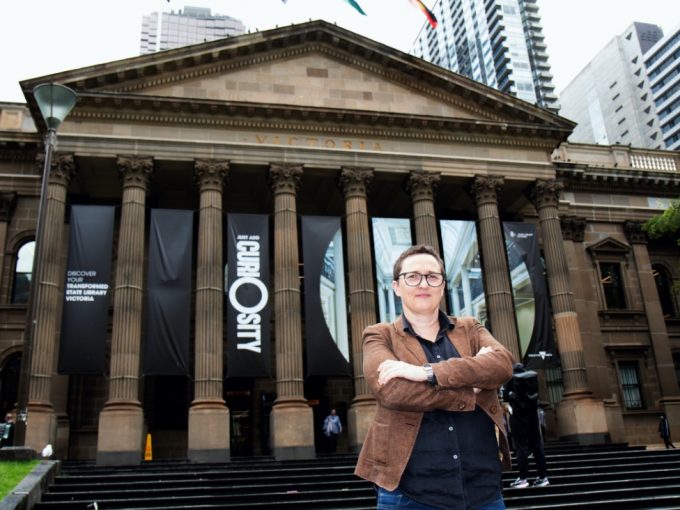Recently, Stephen Flood Post Doctoral Fellow at the New Zealand Climate Change Research Institute at Victoria University of Wellington, and the Director of Research and Pacific Projects at SmartEarth Ireland, visited the Centre for Urban Research to discuss his working paper on the legal issues affecting coastal retreat as an effective response to sea level rise.
We asked him a few questions relating to his research Avoiding the Boomerang Effect with his colleagues Judd Schechtman (lead author), Rutgers University and Rebecca Leshinsky, PhD, RMIT University.
What are the challenges in your field of research?
My research is concerned with climate change adaption, systems thinking approaches, and resilience. More recently I have become very interested in livelihoods and sustainable development in the context of climate change adaptation.
Challenges in my research are often centred on the issue of affective and impactful science communication leading to action.
The science on climate change is clear. The current narrative, that the scientific community is providing which speaks of the damaging global impacts associated with human induced climate change, is uncontested and it’s clear that urgent action is demanded. However, there is still a sizeable gap between the call to action that the climate science is presenting and the realisation of that action in the spheres of policy and government decision-making, and within business communities globally.
How is your research addressing those challenges?
My research is focused on determining the enablers for climate action in the climate adaptation space. These can often take the form of regulatory and policy responses but also autonomous changes in behaviour of agents from both the private and public sector. One way of trying to address these challenges is through creating powerful and persuasive communication tools (such as infographics and interactive web based resources) that present the science in a clear and easily understandable format.
We are currently in an almost unprecedented policy window of opportunity with the ratification of a comprehensive climate agreement at COP21 and the adoption of the Sustainable Development Goals (SDGs).
To capitalise on this unique opportunity, greater attention is required to identify synergies between the climate change and sustainable development agendas. I believe that insights from systems thinking can provide a framework for a linked-up approach to aligning these two agendas: climate change cuts across the other 16 SDGs, and has direct impacts on human well-being and livelihoods. By framing the analysis in terms of resilience, attention can be drawn to the capacity for moving beyond recovery, or maintenance of the status quo and realise the aspirations of the SDGs and the climate action agenda.
What are the impacts of this research and for who?
My research aims to impact across a range of societal groups including the public sector, private industry and, to a lesser extent, the general public. Ideally the research will enable better decisions in the area of climate change adaption, will building capacity and make communities more resilient to the impacts of both present and future climate change.
Find out more about SmartEarth.





